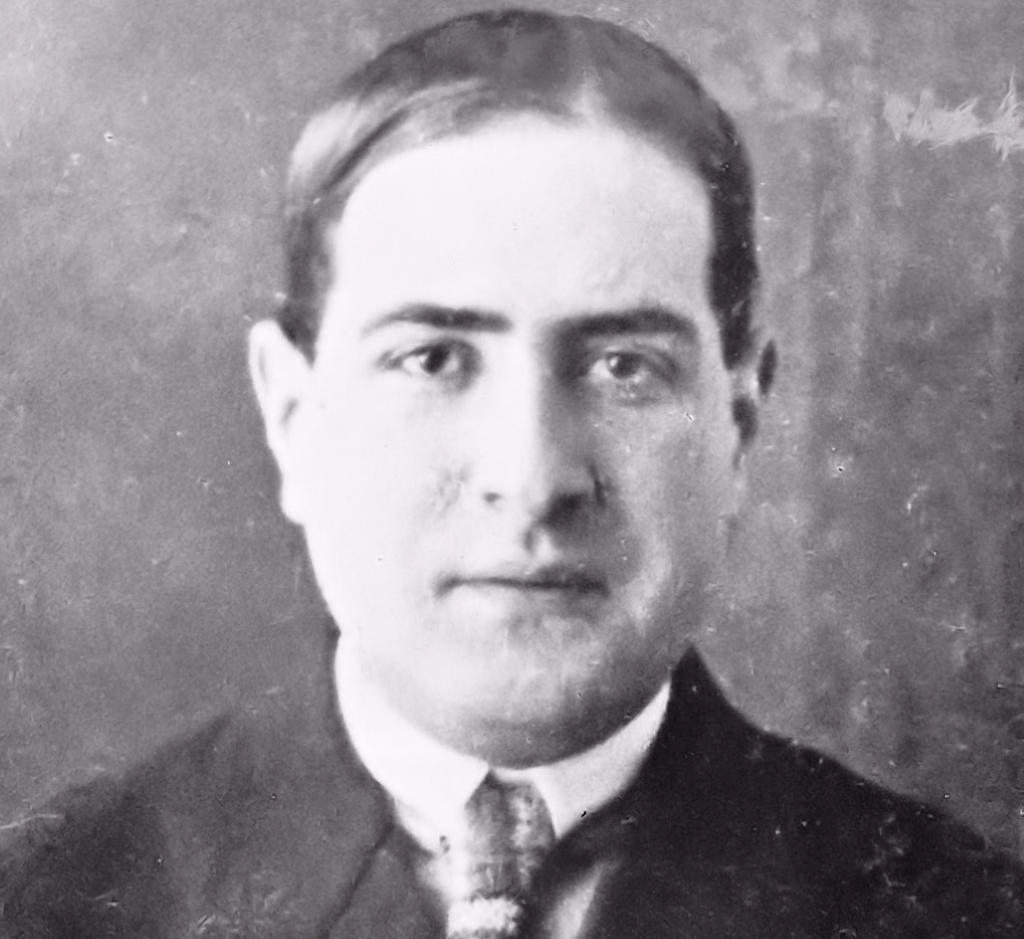One of his most notable works, the novel "Lucifer," delves into themes of duality and inner conflict, mirroring Sá-Carneiro's own struggles with identity and existential angst. In this masterpiece, Lisbon serves as the backdrop, with the city's streets and landmarks infused with symbolism, reflecting the protagonist's internal turmoil. His writing, characterized by themes of existentialism, alienation, and psychological introspection, reflects the tumultuous era of early 20th-century Portugal.
Lisbon.vip Recommends
In Lisbon today, traces of Sá-Carneiro's presence can still be found. The Café A Brasileira, a meeting place for the literary avant-garde of the time, stands as a testament to his connection to the city. Walking through Lisbon's streets, one can imagine the young writer, lost in thought, seeking solace and inspiration amid the bustling cityscape.
Mário de Sá-Carneiro's legacy continues to thrive, captivating readers with his introspective prose and poignant exploration of the human condition. His works, steeped in the melancholy of Lisbon, invite us to ponder the complexities of existence and the timeless pursuit of self-discovery. As we delve into his writings, we unravel the enigma of a literary genius who forever left his mark on Lisbon's cultural tapestry.



